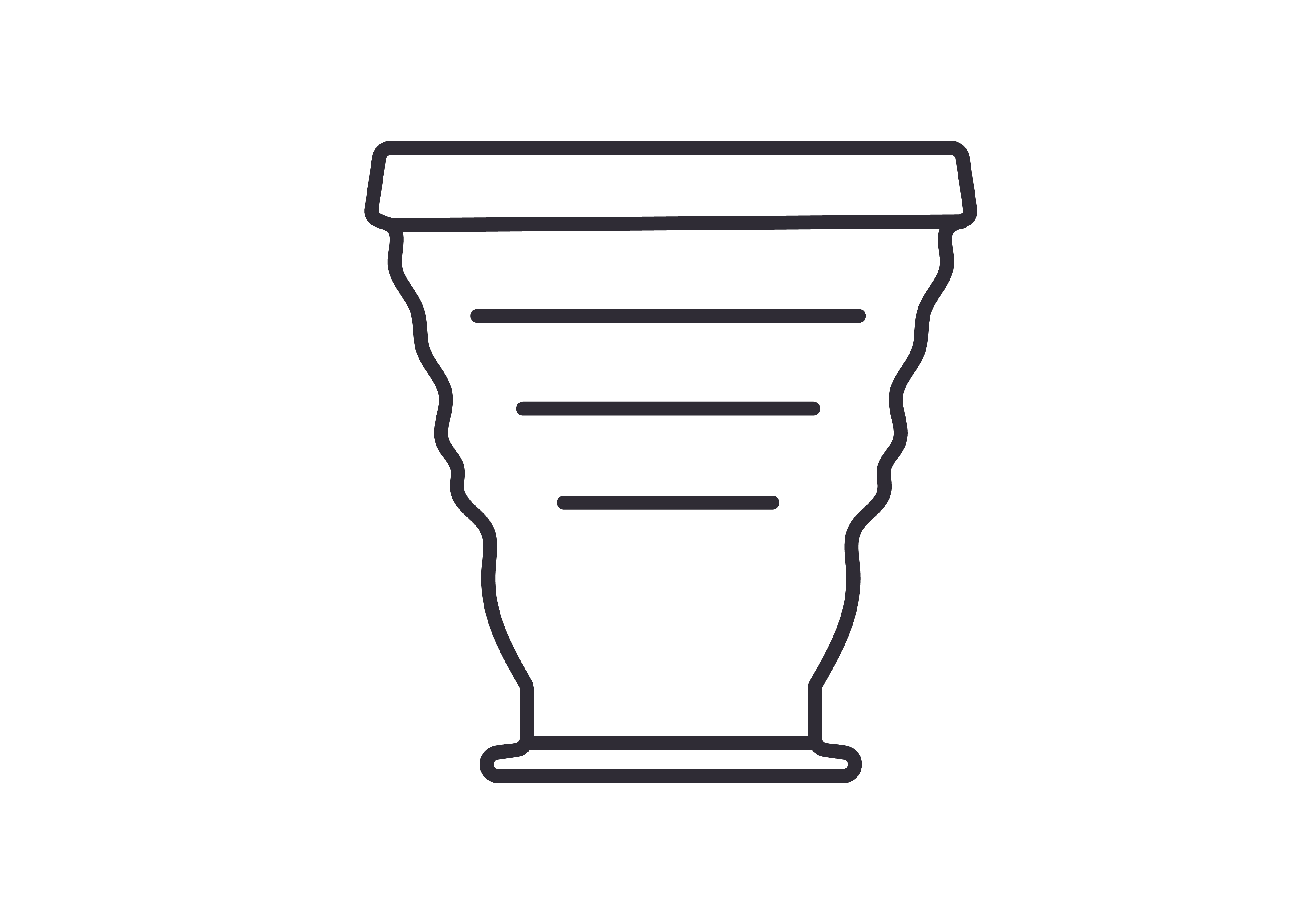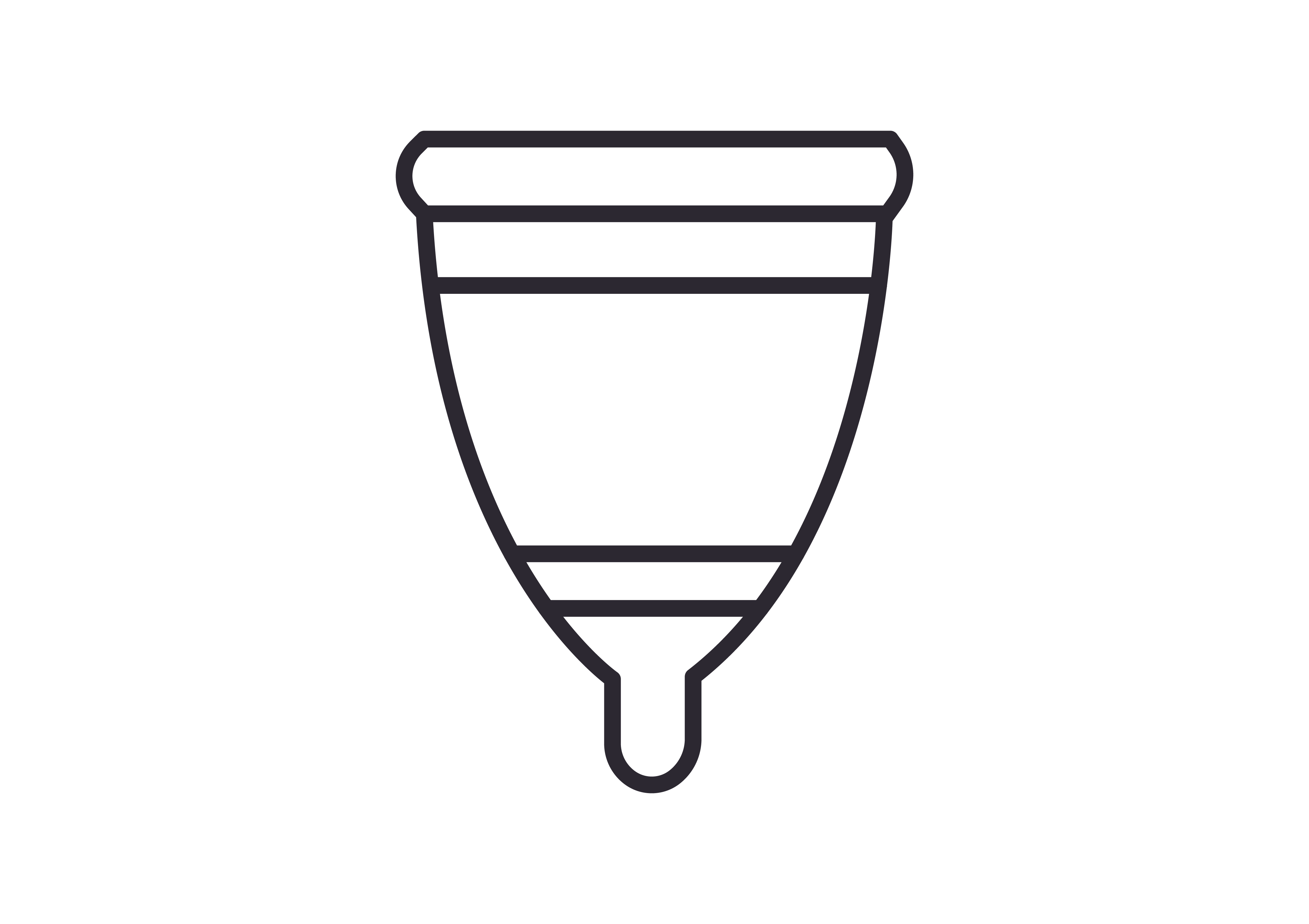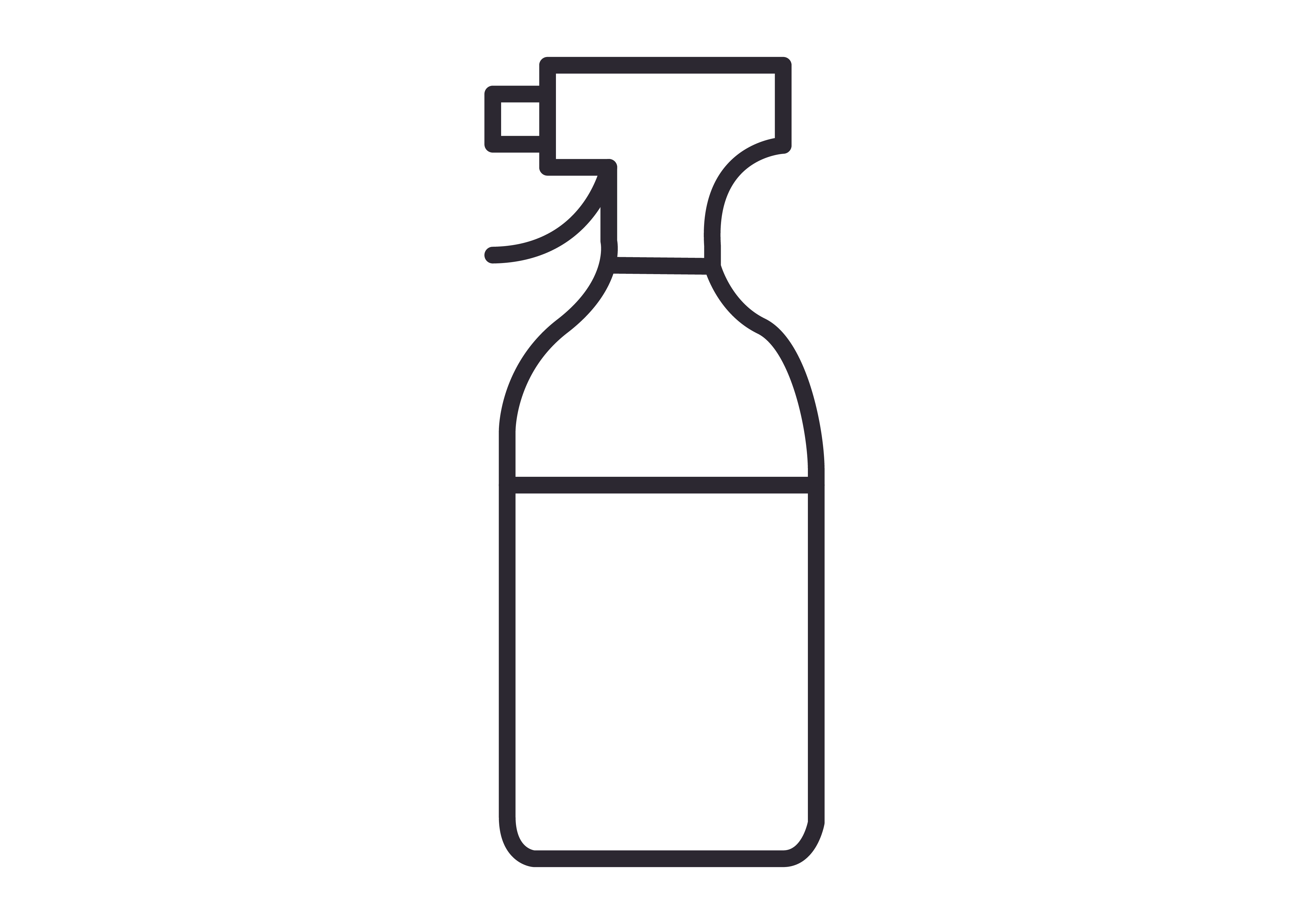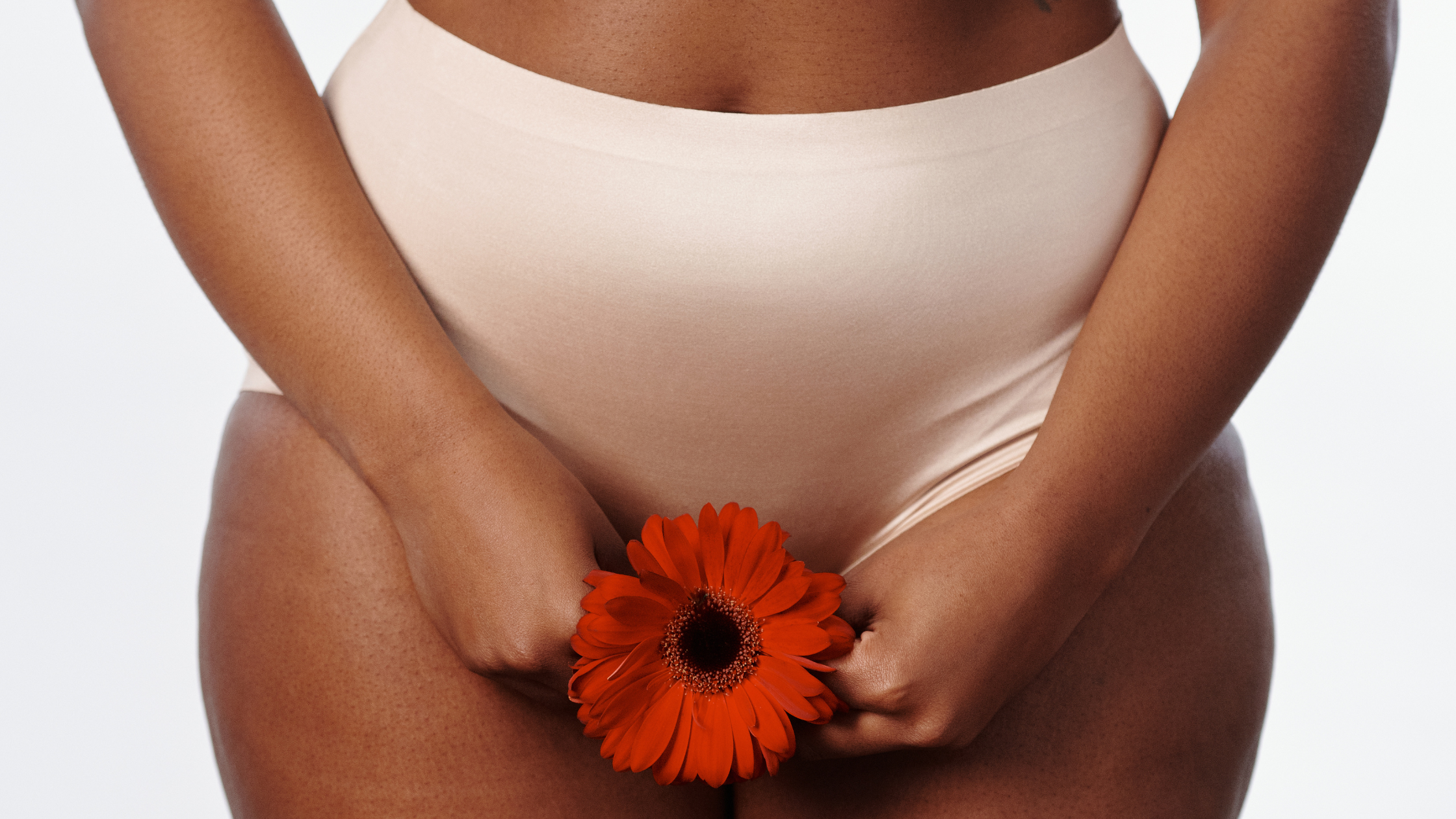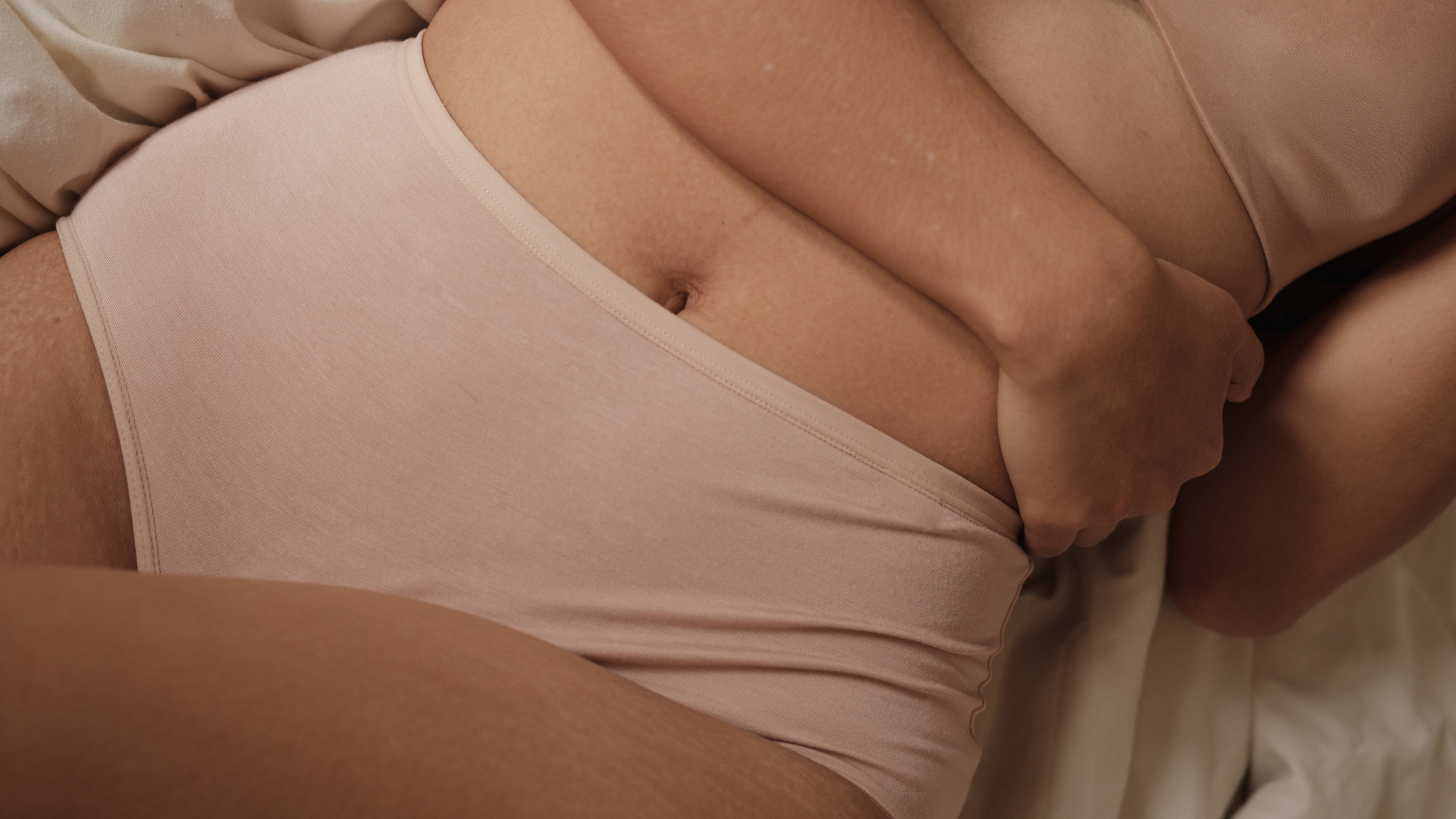How to prevent vaginal thrush
If you’re on the hunt to find out how to prevent vaginal thrush, you’ve arrived in the right spot. In this blog, we’ll go through what thrush is, how it happens, how to treat it and reveal eight effective ways to prevent vaginal thrush and maintain optimal vaginal health.
What is thrush?
Vaginal thrush, AKA a yeast infection or candidiasis, is a common condition that affects many people worldwide. Caused by an overgrowth of Candida albicans, a type of yeast that naturally resides in the vagina (and in other parts of the body like your armpits, mouth & fingers!) however, when levels in the vagina
While occasional bouts of vaginal thrush are common and generally harmless, however recurrent or severe cases can be uncomfortable and disruptive and you should always seek medical advice for proper diagnosis and treatment.
How to prevent vaginal thrush
1. Practise good hygiene
Maintaining proper hygiene is crucial for preventing vaginal thrush. However, this doesn’t mean popping to your local store and purchasing vaginal cleaning products - the last thing your vagina wants is chemicals and fragrances causing more havoc with the delicate pH balance. Stick to mild, fragrance-free soap and warm water ensuring you clean the external genital area gently.
2. Wear breathable organic cotton underwear
Opting for breathable materials when it comes to your underwear is key to preventing vaginal thrush. Go for organic cotton and avoid tight-fitting styles, synthetic materials can create a moist environment that promotes yeast infection. Let your vagina breathe by wearing loose fitting & organic cotton underwear, this will absorb any excess moisture and help maintain a dry environment.
3. Always practise safe sex
Correctly and consistently using protection like condoms will not only help prevent STIs but will also reduce the risk of vaginal thrush. As an extra precaution, you could wash the genital area before and after sexual intercourse.
4. Avoid prolonged moisture
Yeast thrives in warm and moist environments, so it’s very important to keep the genital area dry. After bathing or swimming, gently pat the area dry rather than rubbing before getting dressed. Ensure you also change out of wet bathing suits or sweaty workout clothes promptly to prevent prolonged moisture that can encourage yeast growth.
5. Maintain a healthy diet
A balanced diet also plays a vital role in preventing vaginal thrush. Limit your intake of sugary foods and refined carbohydrates, as excessive sugar can promote yeast overgrowth.
6. Avoid unnecessary antibiotics
Antibiotics do a great job of killing off infections but they can also attack all the good bacteria living in your vagina which then potentially allows candida to overgrow. So, whenever possible avoid taking antibiotics unless it's absolutely necessary and advised by a medical professional.
7. Manage your stress levels
Chronic stress can weaken the immune system, making you more susceptible to infections, including vaginal thrush. Try to incorporate stress management & self-care techniques into your daily routine if you’re suffering from stress, things like exercise, meditation, deep breathing exercises or simply engaging in activities that you enjoy.
8. Swap to organic cotton period care
By opting for a period care that’s hypoallergenic, breathable & gentle (like our range of organic cotton pads, tampons & liners) you’ll find relief from thrush. Mainstream period care made from bleach and plastic can cause a moist environment that allows yeast to thrive and cause infections.
So, preventing vaginal thrush is largely centred around maintaining a healthy vaginal environment and supporting your body’s natural balance of bacteria & yeast. So, by practising good hygiene, wearing breathable underwear, using protection during sex, avoiding prolonged moisture, maintaining a healthy diet, being cautious with antibiotics, managing stress levels and swapping to organic cotton period care you can significantly reduce the risk of developing vaginal thrush. However, if you’re experiencing persistent symptoms or recurrent infections, it’s important to consult with a medical professional for proper diagnosis and treatment options tailored to your specific needs. Sometimes thrush can actually be confused with other infections like bacterial vaginosis. Prioritising your health and working with your doctor can help ensure you maintain good vaginal health.
Got another question about vaginal thrush? Get in touch with us! Email us at talktomesister@andsisters.com
